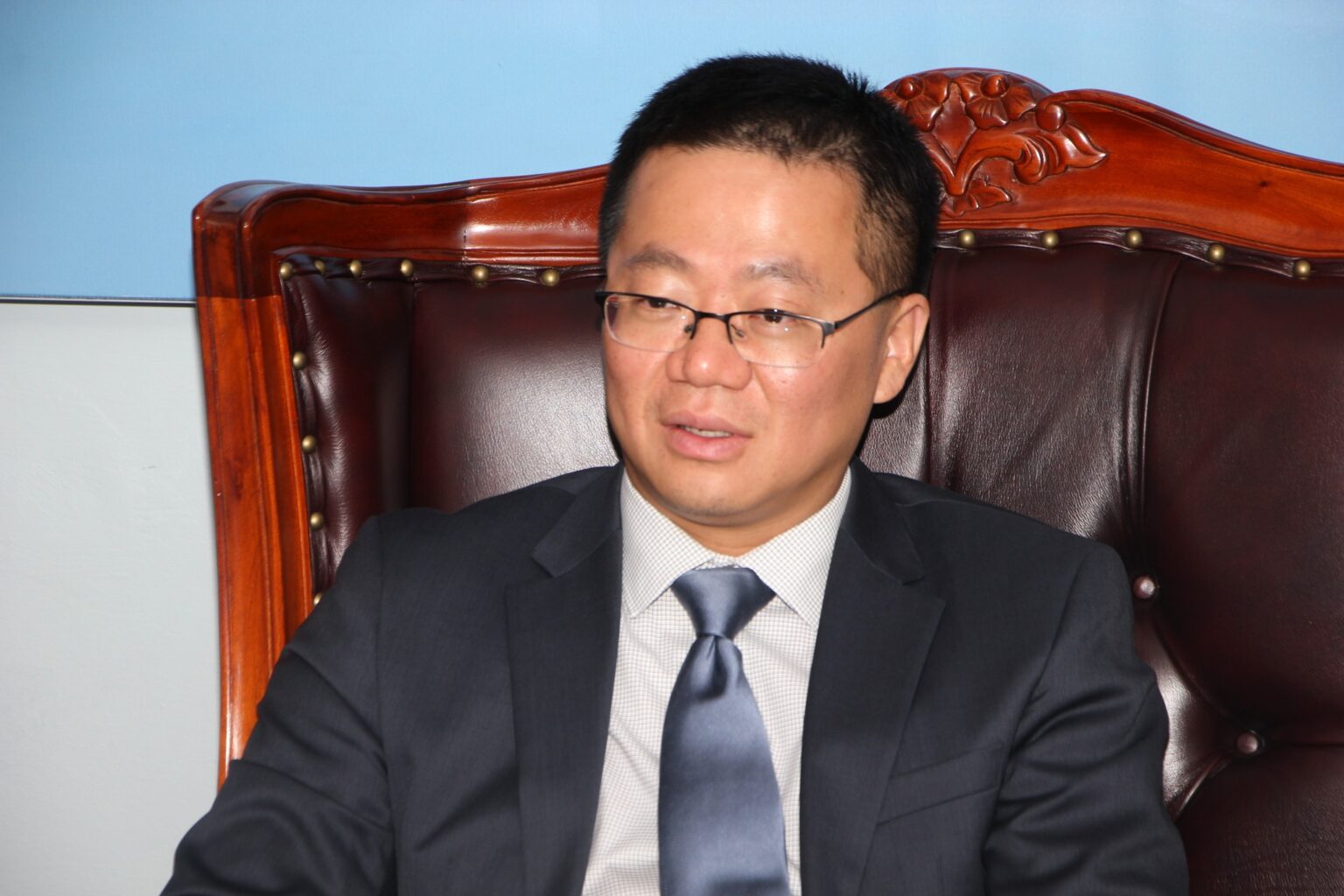The World Bank Group has attributed Botswana’s slow economic growth to inefficiencies in the country’s education system. According to the bank, despite significant government investment in education, the sector has failed to produce a workforce that meets the needs of the local job market.
Speaking on the issue, the World Bank’s Resident Representative for Botswana, Liang Wang, stated that while Botswana continues to allocate large sums of money toward education, the return on investment remains low. Wang pointed out that the education system does not effectively equip graduates with the skills and expertise required by industries, leading to a mismatch between job market demands and the available workforce.
“The current education system does not produce the human capital needed by the local job market, and this has negatively impacted economic growth,” Wang said.
The concerns raised by the World Bank highlight the urgent need for education reforms in Botswana. Experts have long argued that the curriculum should focus more on technical skills, innovation, and entrepreneurship to better align with the evolving demands of the economy.
With Botswana seeking to diversify its economy beyond traditional sectors such as mining, education is seen as a key driver of sustainable growth. The government may now be under increased pressure to implement reforms that will enhance the quality and relevance of education, ensuring that graduates are adequately prepared to contribute to economic development.










